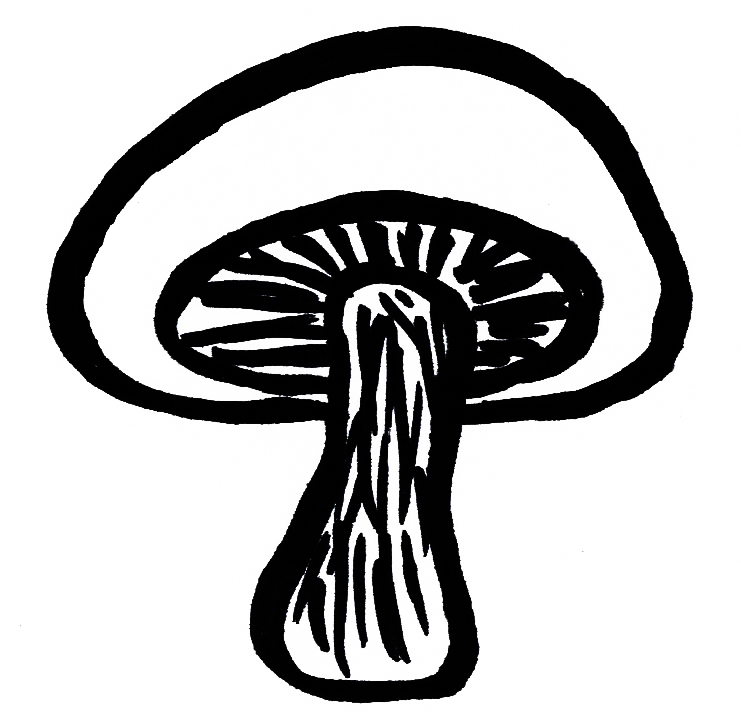The danger of indulging in a steady diet of genre films is that it can dilute the taste of individual flavors, leaving only the impression of the bulk. What I mean to say is that I had a difficult time appreciating the South African eco-horror Gaia on its own terms, since I had already indulged in the similarly-flavored British horror In the Earth just a few months ago. Both films are about research scientists suffering foot injuries that leave them vulnerable in the care of eco-terrorists who’ve betrayed humanity in the man-vs-Nature divide, driven mad by psychedelic mushroom spores and their isolation in the wilderness. In the Earth tells that story with the gusto of a video-nasty slasher about an axe-wielding maniac. By contrast, Gaia aims for the delicate arthouse psychedelia of highbrow indies like Monos & Icaros. As a pair, they speak to a modern cultural preoccupation with the spiritual corrosion of technology and our tenuous place in Nature. Individually, they present a reductive “Who wore it better?” contest where the answer is as subjective as it is frivolous.
Gaia is wonderfully beautiful & strange. Whereas In the Earth pushes its horror genre tropes to their extremes, Gaia finds its own extremity in its man-vs-Nature iconography. Both films distort high-def nature footage into mirrored, kaleidoscopic freak-outs of time-elapse psychedelia, triggered by the mushroom spore-poisoned air. Gaia goes a step further by melding those mushrooms with the human body, allowing Nature to reclaim human flesh as part of its organic, deep-forest tapestry. Sometimes, those human-mushroom hybrids are oddly beautiful – like a multi-colored fungal bouquet. Often, they’re grotesque mushroom-zombie creatures who blindly attack unconverted humans on Nature’s behalf. Most of the film’s terror derives from Nature’s commands to the lowly humans beneath it, and the vengeful smiting that results when they stray from its plan. Nature is closer to the Old Testament version of God in that way than the hippie-dippy spirituality implied by the film’s title. There is a wisdom & a majesty to it that humans would be smart to obey, but that doesn’t mean it’s not a monster.
Despite its formal beauty, I’m surprised to say Gaia didn’t mean as much to me as the similarly themed eco-horror In The Earth, even though that’s the messier, trashier one of the pair. It might just be that I had already done all my contemplation about the violent divide between Nature & modern living for the year in that earlier film, so all I had left to think about during this round was how pretty the mushrooms looked. My only coherent thought about Gaia is that I think Björk would be very happy as a mushroom person, but I probably already knew that going in. Otherwise, it’s a very good film that I might’ve believed to be great if I didn’t spend all my free time seeking out other genre pictures exactly like it.
-Brandon Ledet


Pingback: Lagniappe Podcast: The Visitor (1979) | Swampflix
Pingback: Episode #151 of The Swampflix Podcast: The Top Films of 2021 | Swampflix
Pingback: Britnee’s Top 15 Films of 2021 | Swampflix